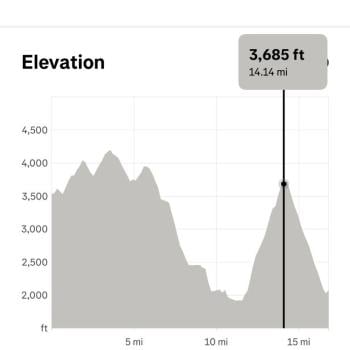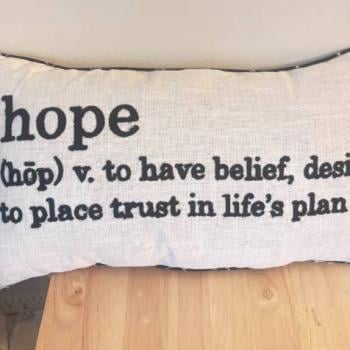My vocational job is as a professional listener. People pay me a lot of money to listen to them. This week, I want to reflect on two practices, silence and attention and demonstrate how they co-exist in our spiritual practices.
Attention Requires Silence
I wrote previously this month on the practice of attention, I want to shift my focus to the practice of silence. Silence, I have found over the years of contemplative work amplifies my ability to pay attention.
When we are silent, we hear God better. Silence magnifies our ability to listen more deeply, more intently. I tell my clients, especially my couples, that there is a difference between listening and hearing. The first step to better listening is silence, and that is what I often follow up with when working with couples. When one person talks, the other person listens. Listen deeply to what the other person is telling us. Listening in this respect is a process that happens with more than just our ears. Listening deeply to another person requires paying attention to body language and the spiritual energy the other person is giving off.
Silence makes room for God.
The Myth of Silence
If you have read my blog before, you know my story of almost becoming a monk. The first year of training to become a monk is known as the novitiate and it takes a variety of forms, depending on the religious order you join. All though are marked by a year of intense prayer, study and for long periods of time, silence.
It may sound like an oxymoron from a guy with attention deficit hyperactivity disorder with a heavy emphasis on hyperactivity and impulse control issues for me to say I love silence. In the ten years I ran ultras, I never ran an ultra-race with headphones and only on a few occasions did I train with music during my long runs. Often, it was 6-8 hours of running with nothing but me, nature and God. During races, my silence was punctuated sometimes by an occasional runner or an aid station, but often, it was just long hours of quiet.
There is a big difference between silence and solitude. There is a big misconception with these two words because people define these words like this:
Silence = The complete absence of noise
Solitude = The state of being utterly alone
But embracing the spiritual discipline of silence and solitude is not necessarily about being completely quiet or absolutely alone…although both may be part of the process.
It is about subtraction instead of addition. As noted in my previous paragraph, silence and solitude allow us to remove things from our lives to make room for God.
My time thinking about becoming a monk taught me that silence is an individual process, it is intentional, and it is interdependent, we need silence and solitude. But what is also important about this time of reflection is that it is not selfish. We must take our observations in silence and share them with our communities. The intention is to make our mind keener, but also to make our community stronger. I am always reminded of my first Oblate director; Father Donald whose handwritten notes demonstrated a monk’s devotion to prayer.
Silence is not about not talking, it is about opening our hearts.
Practical Application
As we continue to move through whatever this last election means for our country, we are receiving a lot of noise not only from this experience, but from many experiences around the world. The United States does not own the hill on problematic socio-political concerns. For many, you are receiving messaging that you are not welcome, not wanted. If you do not feel this way, congratulations, you are a white male or in the top percentage of the majority of your society and do not have to worry about the oppression, fear and alienation others around you do.
For the rest of us, including those who are in the majority, silence is going to be a golden practice. We all need to step back, shut our mouths and learn to listen deeply to God’s direction in our lives. With the understanding that the true essence of God is love and God’s desire for that love to direct our steps, we must listen deeply.
Through the practice of silence, we begin to uncover the vibrant essence of life in every moment, enriching our awareness and deepening our connection to ourselves and the world around us. Consider these points for contemplation:
- As we discern God’s presence and guidance in our lives, let us consider these questions as conversation starters with God:
- What are some specific practices that can help integrate silence into my daily routine?
- How can I balance silence with the noise of daily life without becoming isolated?
- In what ways can silence deepen my relationships with others?
You might want to try incorporating brief moments of silence into your schedule, perhaps starting with just a few minutes a day, and observe how it affects your attention and presence.













